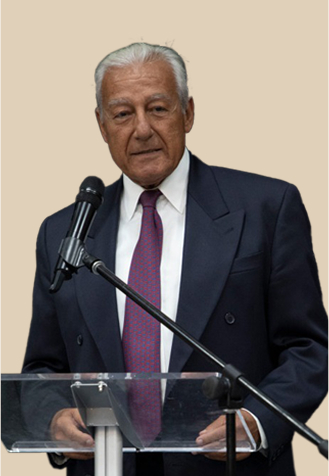MPAC and ADC Call for Investigation of Watchlist Abuse and GWU Program on Extremism
FOR IMMEDIATE RELEASE
October 3, 2025
[email protected]
Washington, D.C. | The Muslim Public Affairs Council (MPAC) and the American-Arab Anti-Discrimination Committee (ADC) welcome Senator Rand Paul’s (R-KY) remarks at the September 30 Senate hearing on TSA’s Quiet Skies and Open Skies programs. Senator Paul called for continued oversight, full transparency, and robust safeguards for constitutional rights, including a commitment to further investigate the Program on Extremism at George Washington University. We welcome this measure of accountability and recognize it is only the beginning.
This week’s hearing confirmed what millions suspected: Washington insiders weaponized the watchlist system against law-abiding Americans. TSA and DHS leaned on a taxpayer-funded outfit at George Washington University (the “Program on Extremism”), which is not bound by the same constitutional limits as federal agencies, to justify placing people on secret watchlists for attending rallies or holding the “wrong” political views. If the TSA used that group’s reports as the only “evidence,” it’s a scandal.
We demand a full investigation: freeze the contracts, preserve all records, issue subpoenas, and hold every bureaucrat and outside partner accountable. No more censorship-by-proxy. No more blacklist politics. In light of the program’s problematic record, we call on Lorenzo Vidino, director of the Program on Extremism, to resign.
We further call on Congress to enact safeguards that protect the First Amendment and related constitutional rights, require clear public criteria and transparency around watchlisting, and provide timely notice and avenues for redress so no American is penalized for lawful speech, association, or peaceful assembly.
Unchecked surveillance and secret watchlisting have no place in a constitutional republic. The line between security and suspicion cannot be drawn by hidden criteria or outsourced research. MPAC and ADC will continue to press for full transparency, independent oversight, and strong statutory guardrails; if programs cannot meet constitutional standards, they must be reformed or repealed.
The First Amendment is not optional.
Recent Posts
Action Alerts

Your support means everything. Your gift protects rights, builds community, and fights hate. Let’s move forward together.
